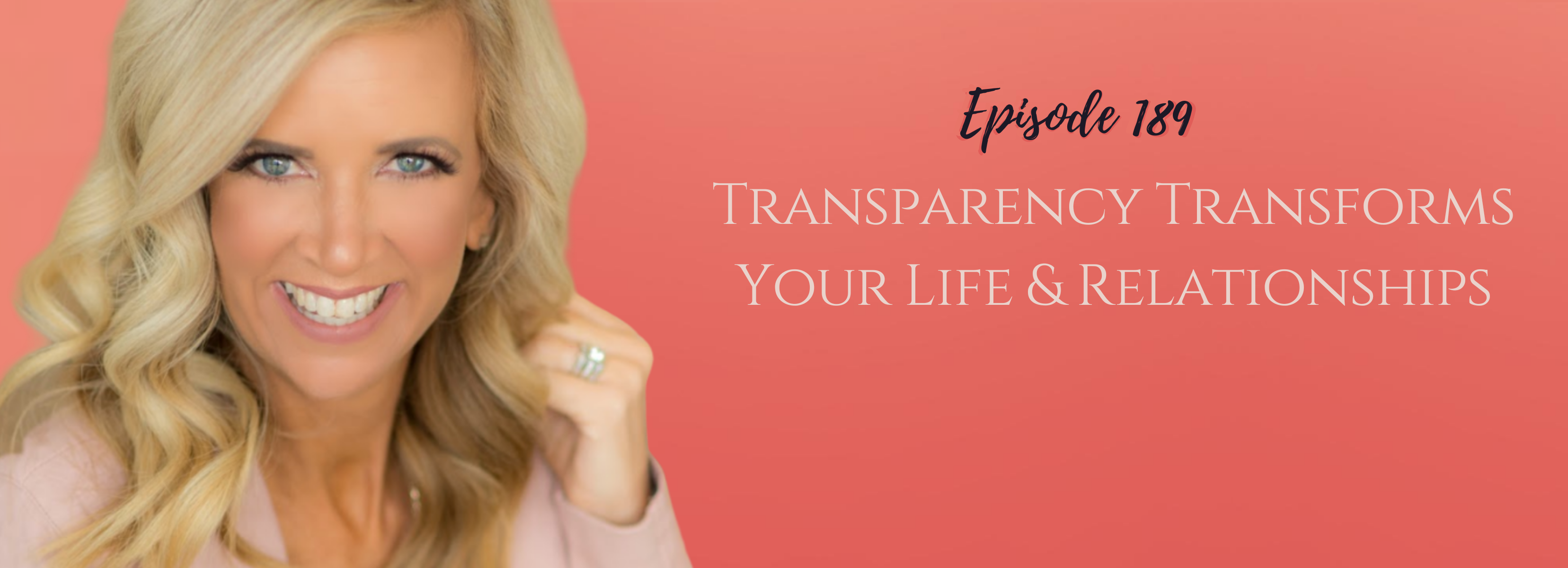
Transparency Transforms Your Life & Relationships| 11.30.2022
In this episode, Kristen talks about why transparency is the key to joy, happiness and connection, and the ways you can become more transparent.
You'll Learn
- Why transparency is the key to happiness and connection
- Reasons why we hide our shadow side
- Benefits of being transparent
- Ways to be more transparent
Resources
For counseling services near Indianapolis, IN, visit www.pathwaystohealingcounseling.com.
Subscribe and Get a free 5-day journal at www.kristendboice.com/freeresources to begin closing the chapter on what doesn’t serve you and open the door to the real you.
Subscribe to the Close the Chapter YouTube Channel
This information is being provided to you for educational and informational purposes only. It is being provided to you to educate you about ideas on stress management and as a self-help tool for your own use. It is not psychotherapy/counseling in any form.
[fusebox_transcript]